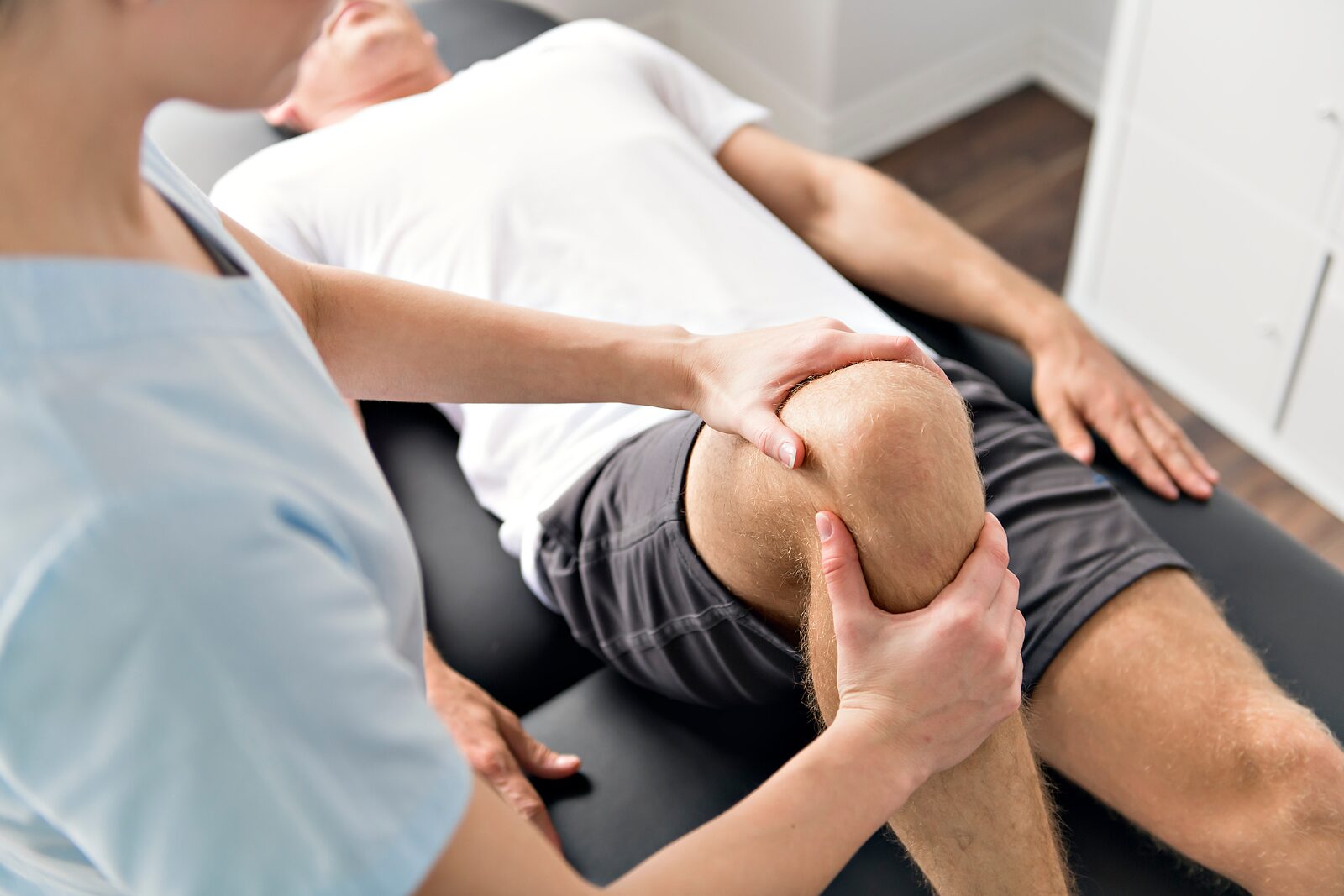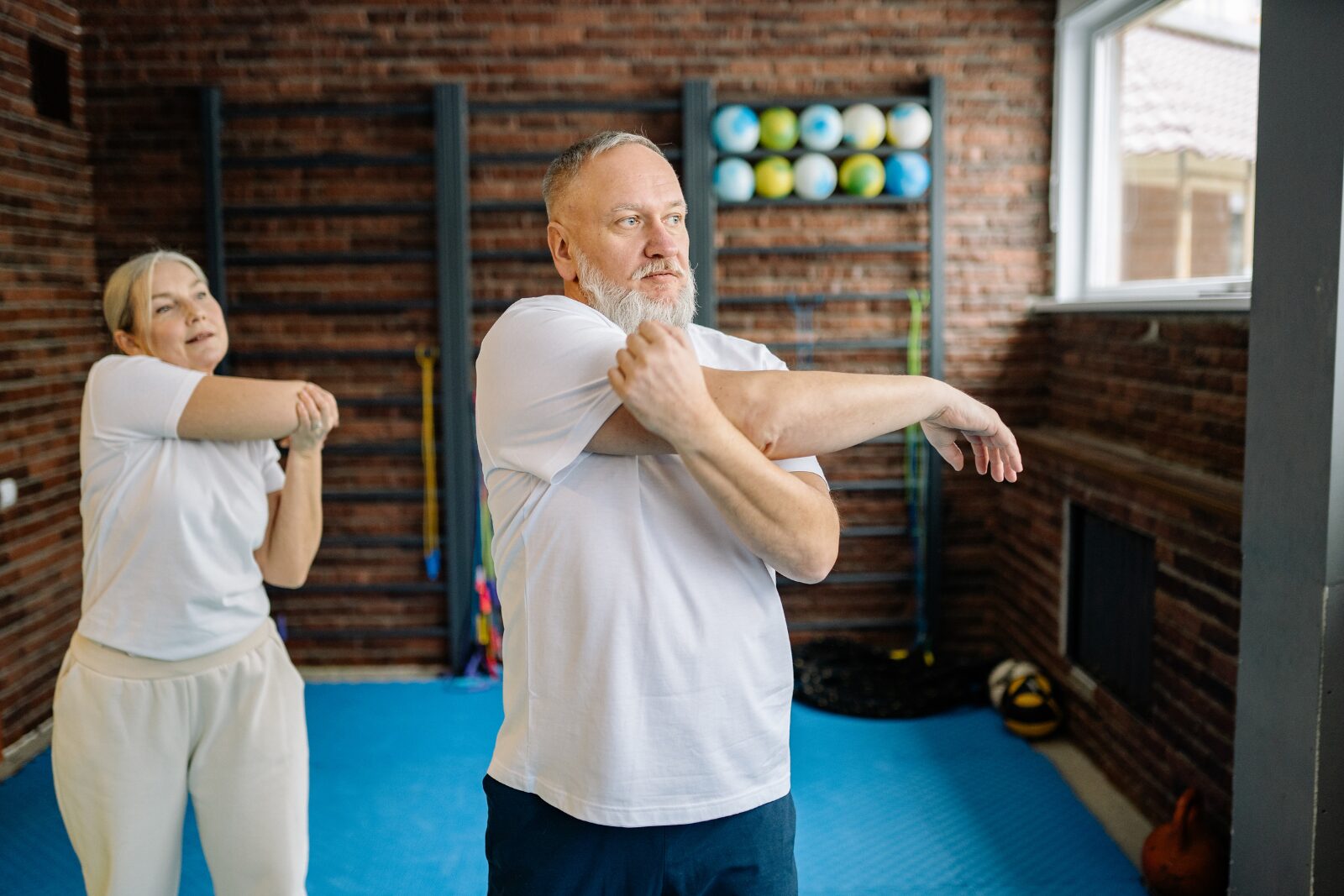In today’s world, many spend long hours in front of a computer or standing in a fixed position, leading to poor posture and associated discomfort. Improving your posture and ergonomics can significantly impact your health and well-being.
What is ergonomics?
Ergonomics involves designing and arranging your workspace to fit your body’s needs. It aims to enhance comfort and productivity while reducing the risk of injury. Making ergonomic adjustments can benefit your long—term health, whether it’s how you sit, stand, or perform certain tasks.
Understanding Posture
Posture refers to holding your body while standing, sitting or moving. Good posture minimises strain on muscles and ligaments during weight-bearing activities. Here’s why it matters:
- Poor posture effects:
- Joints and increased muscle fatigue
- Compression of spinal discs and joint structures
- Nerve impingement, leading to sensations like numbness or tingling
- Overuse injuries and general discomfort
Signs of poor posture
You might notice symptoms like lower back pain, neck pain, headaches, or even numbness and tingling in your extremities. These issues can stem from poor posture and prolonged stationary positions.
How physiotherapy can help
Physiotherapy offers a range of solutions to address postural and ergonomic problems:
- Ergonomic and postural education: Learn the principles of good posture and how to apply them daily.
- Manual therapy and hands-on treatment: Target areas of pain or dysfunction with specialised techniques.
- Biomechanical postural analysis: Assess your posture and make recommendations to improve positioning.
- Tailored programs: Develop a customised plan to improve strength and control to support your body’s function.
Some Tips for Better Posture
- Standing: Align your ankles, hips, shoulders, and ears in a vertical line. Engage your lower abdominals and glutes. Ensure your feet are flat and your arches are lifted.
- Sitting: Sit well back in your chair with your hips slightly higher than your knees. Adjust the chair to maintain a neutral spine position and keep your feet flat on the floor. Position your chair close to your desk to avoid forward stretching.
Seeking Help
Despite best efforts, maintaining good posture can be challenging amidst work and life stresses. If you experience symptoms like tingling, pins and needles, or persistent discomfort, it’s a good idea to consult a physiotherapist. They can provide specialised care to help restore proper alignment and function.
At LeapCare, we are here to help you with personalised treatment plans and ergonomic advice to improve your posture and overall health.



